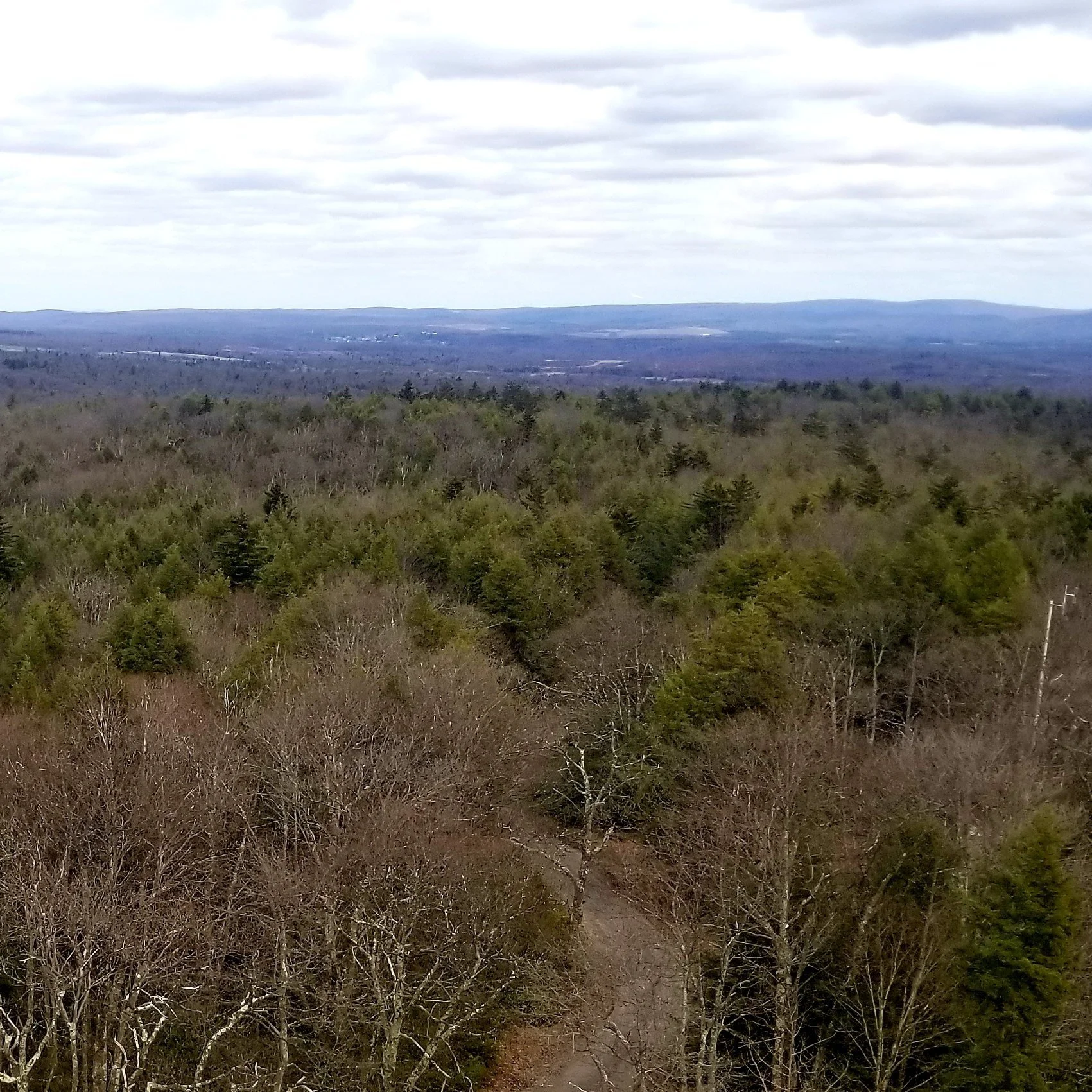leave no trace
Leave No Trace principles are a set of guidelines for outdoor ethics, particularly in camping and wilderness activities. These principles promote responsible outdoor recreation and aim to minimize human impact on natural environments. Leave No Trace is a framework for preserving the beauty and integrity of natural places for present and future generations.
The principles are as follows:
Plan Ahead and Prepare: Thoroughly plan your trip, so your trip doesn’t turn into a “Survivor” episode, including understanding the rules and regulations of the area you're visiting, and being aware of weather and terrain conditions. Adequate preparation reduces the likelihood of accidents and minimizes environmental impact.
Travel and Camp on Durable Surfaces: Stick to established trails to prevent unnecessary damage to vegetation and soil. Avoid trampling on fragile ecosystems, such as alpine meadows and wetlands.
Dispose of Waste Properly: Pack out all trash and litter, and use established restroom facilities when available. In the wild a “Number 2” isn’t a number you want to leave behind. Dig a hole and bury your secrets! Human waste should be buried at least 200 feet away from water sources.
Leave What You Find: Take pictures, not souvenirs. Your Instagram could use some fresh content. Preserve the natural environment by not picking plants, disturbing wildlife, or removing rocks, fossils, or historical artifacts. Leave natural and cultural features as you found them.
Minimize Campfire Impact: Campfires can scar landscapes and consume limited wood resources. Use a camp stove for cooking and rely on established fire rings or fire pans where fires are permitted. Always check local regulations regarding fires.
Respect Wildlife: Observe animals from a distance and avoid feeding them, as human food can harm wildlife and alter their natural behavior. Store food securely to prevent attracting animals to your campsite.
Be Considerate of Other Visitors: Keep noise levels down, yield the trail to others, and maintain a friendly attitude toward fellow outdoor enthusiasts. Respect their right to enjoy the outdoors as well.
Travel in Small Groups: Smaller groups have a smaller impact on the environment than large ones. Keep group sizes to a minimum to reduce the impact on trails, campsites, and natural resources.
Recreate Responsibly: Follow all safety guidelines and regulations related to your outdoor activity, whether it's hiking, biking, climbing, or any other recreational pursuit. This ensures your safety and helps preserve the environment.
By adhering to these Leave No Trace principles, outdoor enthusiasts can help protect the natural world and ensure that future generations can continue to enjoy and appreciate the beauty of the outdoors.
